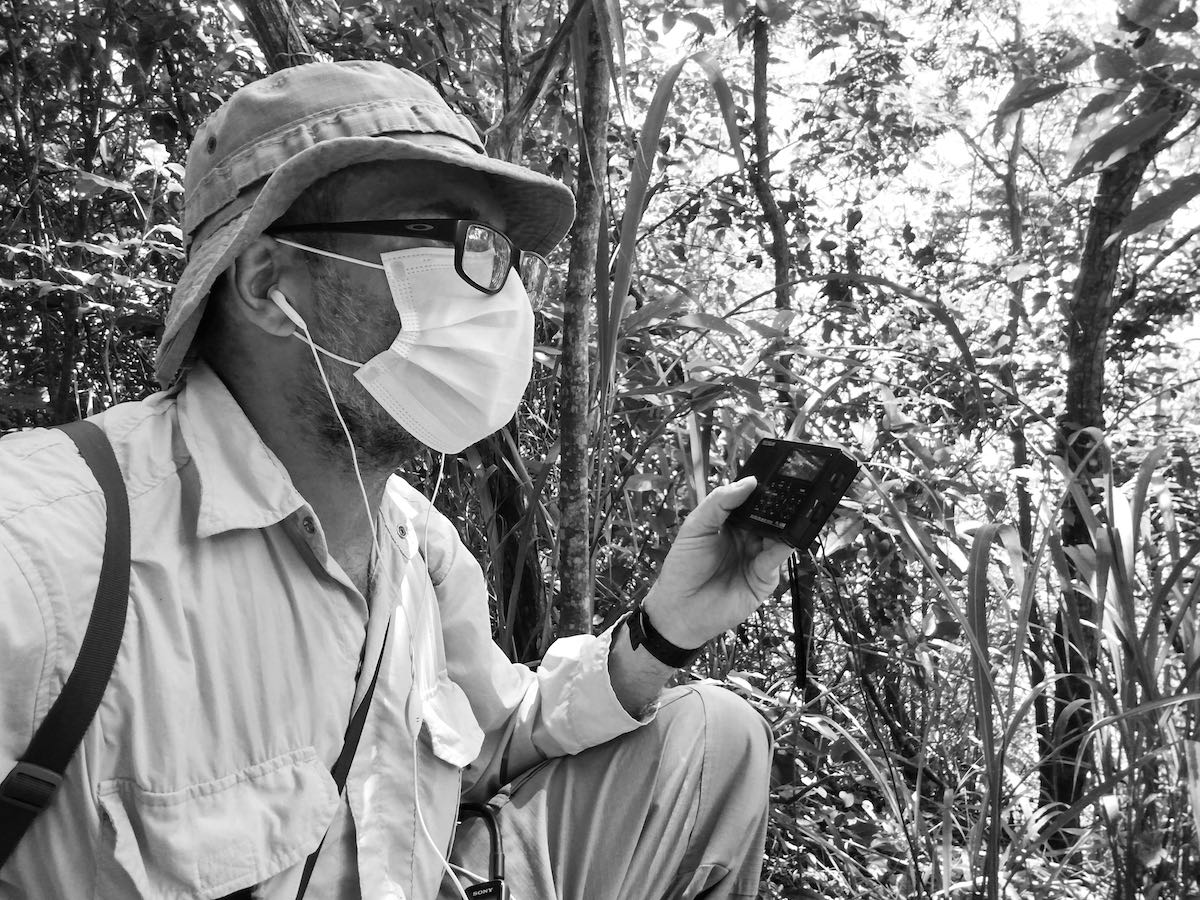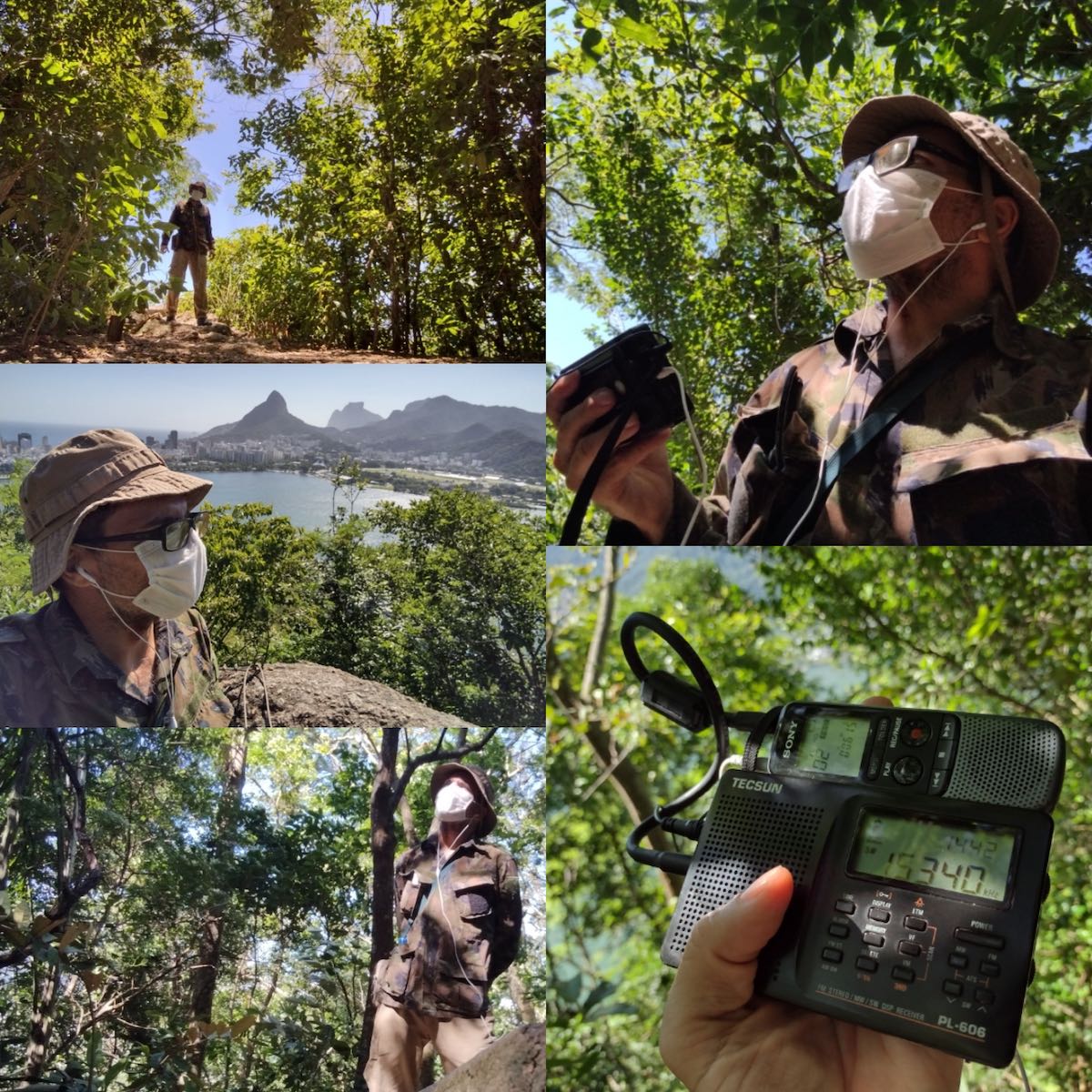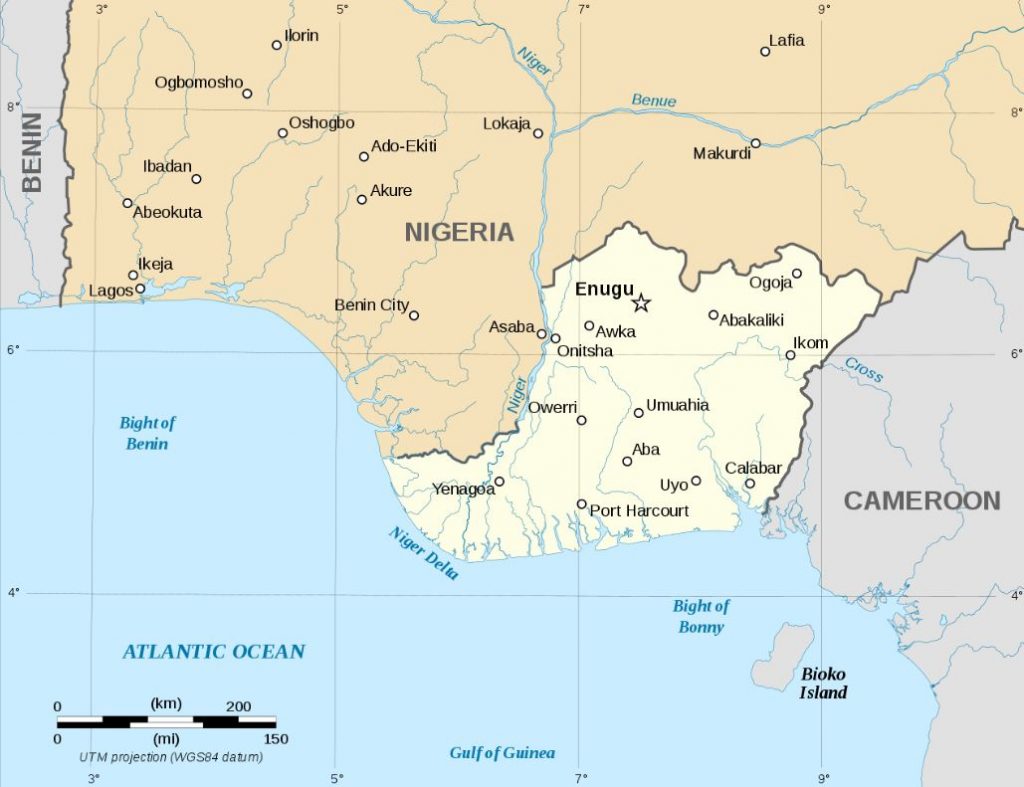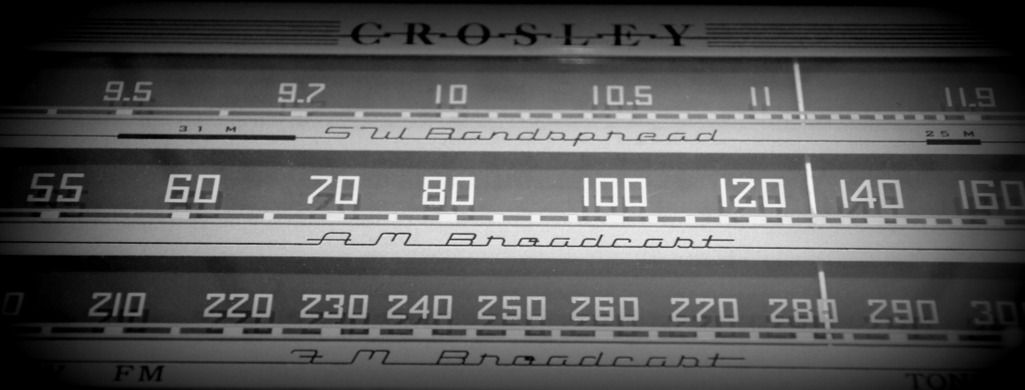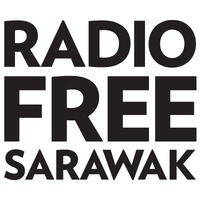 Thanks to Rob Wagner’s blog, The Mount Evelyn DX Report, I just learned that the clandestine station, Radio Free Sarawak, is back on the air after declaring a break on May 8, 2013 (see our previous post).
Thanks to Rob Wagner’s blog, The Mount Evelyn DX Report, I just learned that the clandestine station, Radio Free Sarawak, is back on the air after declaring a break on May 8, 2013 (see our previous post).
Radio Free Sarawak will broadcast daily from 11:00-12:30 UTC on 15,420 kHz.
The following is the press release from Radio Free Sarawak‘s website (via their Facebook page):
AUGUST 11, 2013: Press release, Radio Free Sarawak back on air from Monday
Sarawak’s independent radio station Radio Free Sarawak is back on air Monday 12th August following its holiday recess.
The rural radio station, which broadcasts mainly in Iban, but also in Malay has received numerous enquiries from listeners eager for information about pressing issues in the state, including the on-going plans to dam key rivers and evict thousands of native people from their lands.
“The state government has moved swiftly to try and take advantage of its dubious election wins by tripling Ministers’ own salaries (back-dating the increase by a whole year and a half) and pushing through further land grabs in native territories, including the proposed Baram Dam region” points out the UK based station head, Clare Rewcastle Brown. “Ordinary folk want to be heard on these issues and it seems their opinions may often be different from the propaganda put out on the state controlled licensed media, which only promotes the narrow interests of the super-wealthy and politically powerful”.
Radio Free Sarawak is the 2013 winner of the prestigious Pioneer of Free Media Award by the International Press Institute, which applauded the station’s efforts to bring freedom of information and freedom of speech to the isolated communities in Malaysia’s Borneo rainforest state.
The station’s call-in facility also provides an opportunity for longhouse dwellers to express their own views and concerns about the effects of deforestation, oil palm plantation, rural poverty and endemic political corruption. The radio station is linked to the online portal, Sarawak Report, which shares the same agenda to shine light on these and related issues.
Radio Free Sarawak is transmitted from London and its familiar team of DJs will be broadcasting from Monday on Short Wave 15420kHz from 7pm-8.30pm local time Monday-Saturday.
It is also available via podcast online www.radiofreesarawak.org , from where it can be downloaded via smart phone for mobile listeners or onto UBS sticks for car radio.
The local call-in line is 082-237191 and listeners are invited to get in touch with their comments and issues.

